AeroGenie — Uw intelligente copiloot.
Trending
Categories
AI and Automation Could Redesign Up to 30% of Aviation Jobs, Says CAAS
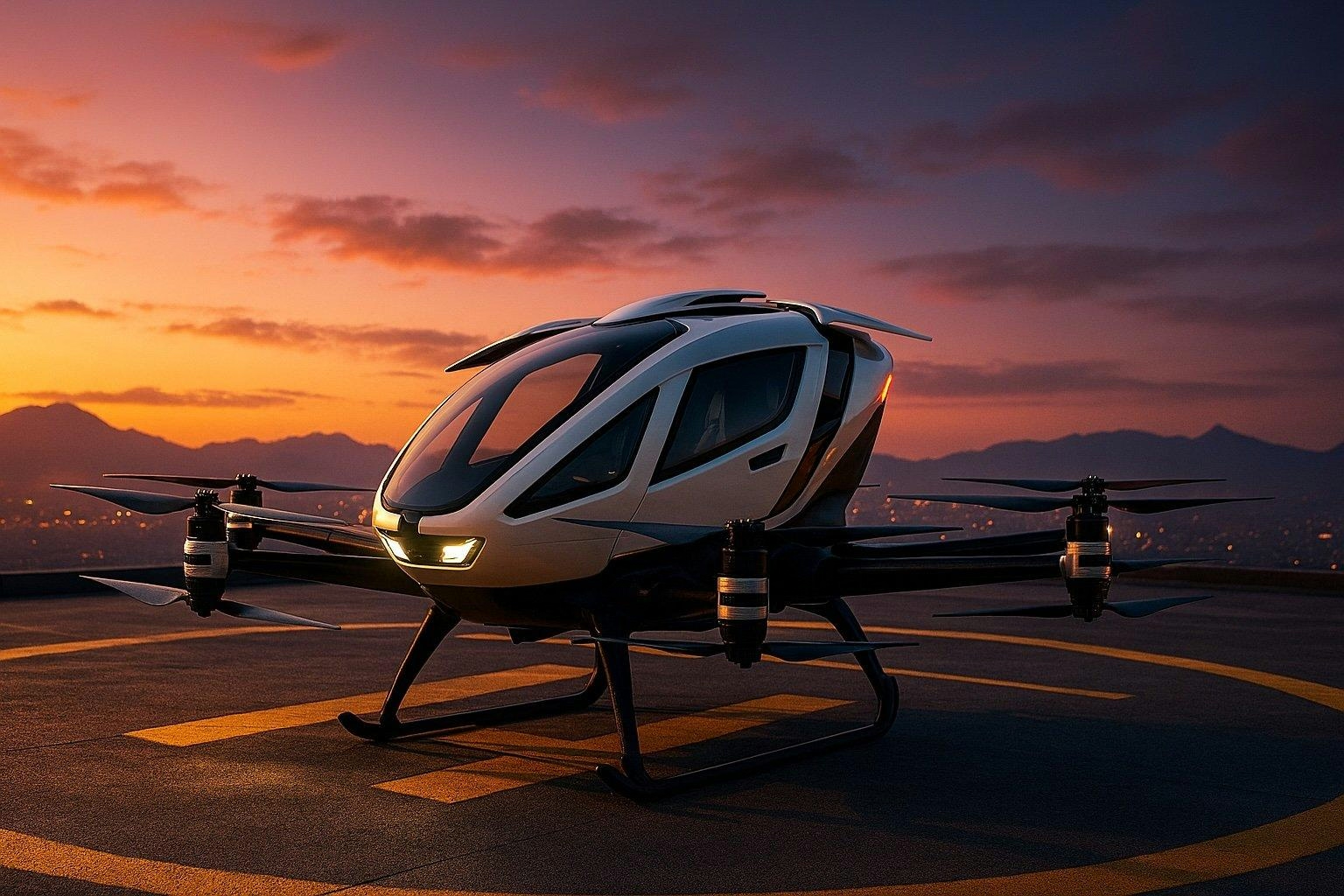
AI and Automation Set to Transform Up to 30% of Aviation Jobs in Singapore
A recent report by the Civil Aviation Authority of Singapore (CAAS) reveals that up to 30 percent of the country’s 60,000 aviation jobs could undergo significant redesign within the next five years. This shift is driven by the increasing integration of artificial intelligence (AI), automation, and sustainability initiatives within the sector.
Key Trends Shaping the Future of Aviation Employment
Unveiled on July 18 at the OneAviation Careers and Education Fair, the findings stem from a comprehensive, year-long manpower study commissioned by CAAS and Workforce Singapore (WSG) in 2024. This pioneering study for the local aviation industry identifies six major trends influencing the future workforce landscape: digitalisation, AI, automation, evolving consumer and workforce preferences, and sustainability.
To facilitate this transition, CAAS has committed $200 million from a dedicated manpower fund, part of a broader $1 billion investment announced earlier this year to develop the Changi air hub. This funding will support unions, aviation companies, and educational institutions in attracting, developing, and retaining talent. Senior Minister of State for Transport Sun Xueling highlighted that these developments offer opportunities to redesign existing roles and create new, meaningful jobs within the industry.
Practical Implications and Workforce Development
One illustrative example involves baggage operators, who currently engage in physically demanding manual towing of luggage, a task associated with fatigue and diminished productivity. With autonomous vehicle (AV) technology now in advanced trials, these operators could transition to roles focused on remotely supervising AV fleets, monitoring operations, and troubleshooting, thereby reducing physical strain and enhancing efficiency.
In addition, CAAS plans to collaborate closely with educational institutions to develop new academic programmes and provide internships or in-house training. These initiatives aim to equip Singaporeans with the necessary skills to thrive in emerging aviation roles shaped by technological advancements.
Broader Context and Economic Considerations
The transformation within aviation reflects wider industrial trends as AI and automation reshape workforce dynamics globally. For example, in the banking sector, AI is expected to redefine nearly half of commercial banking processes by 2030, with substantial effects on wealth and investment management. Similarly, in India, rapid automation has sparked concerns about premature deindustrialisation and increased pressure on agriculture, as precision farming technologies alter traditional employment patterns.
Economists warn that without careful management, automation could rapidly devalue valuable skills, emphasizing the importance of designing AI systems that augment rather than replace human workers. The technology sector has already experienced significant job reductions as AI streamlines operations, signaling a broader shift in employment landscapes worldwide.
Despite these challenges, Ms. Sun underscored the potential for the aviation industry to create more engaging and purposeful work. “These trends present an opportunity for the industry to redesign and create new job roles that are interesting and purposeful,” she stated.
As the sector evolves, CAAS’s investment aims to ensure that Singapore’s aviation workforce remains resilient and well-prepared to meet the demands of a rapidly changing technological environment.
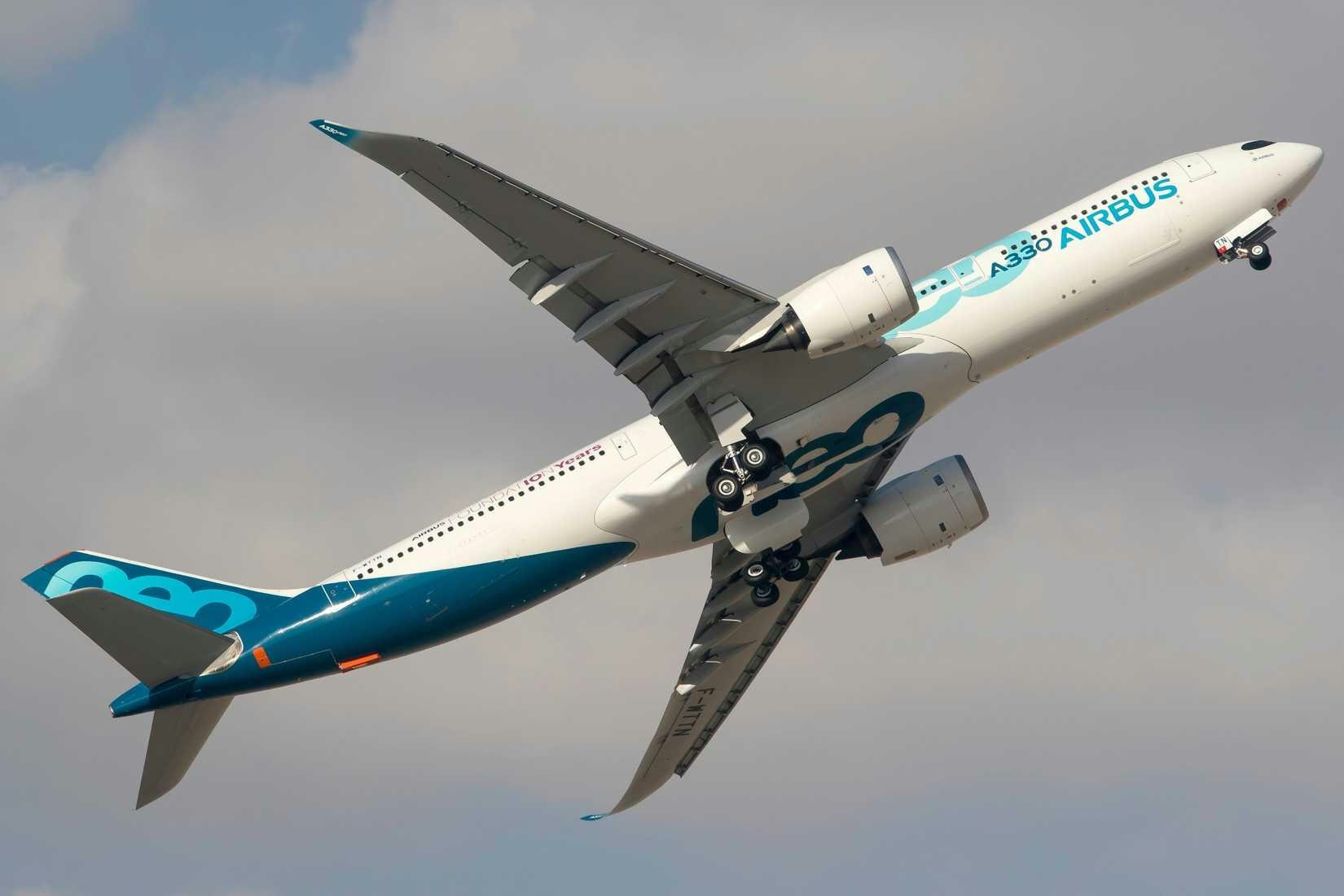
GOL CEO Confirms Possible Arrival of A330neo Widebody Aircraft

American Airlines donates APU to AIM Chicago for student training
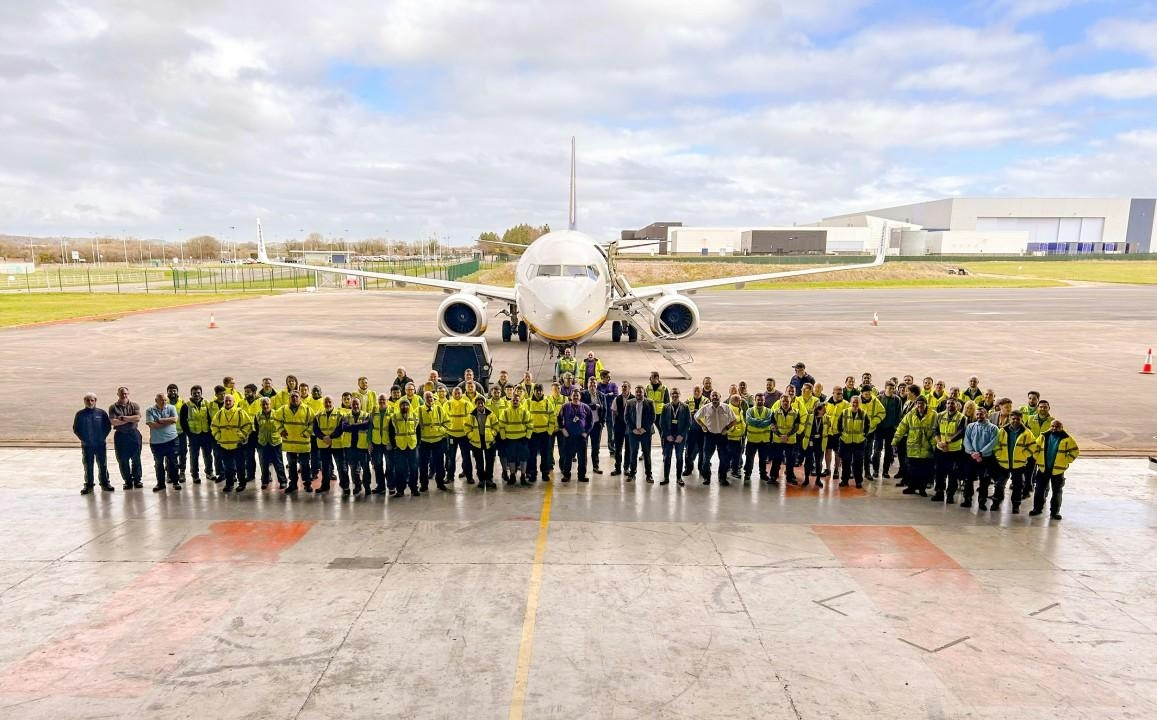
Steer Appointed Base Maintenance Manager at Caerdav
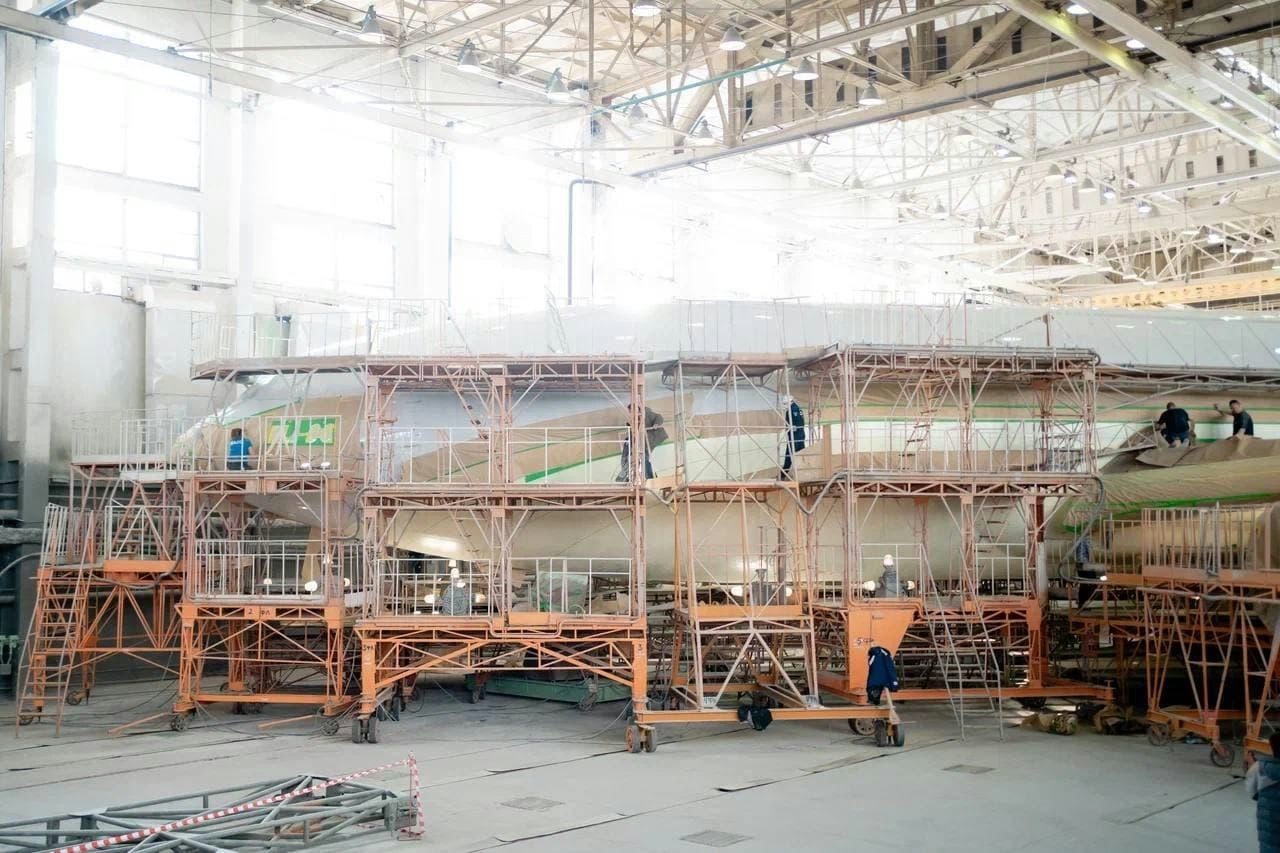
New Il-96 Wide-Body Aircraft Built in Russia; Customer Remains Undisclosed

SESAR JU and Canary Islands Sign Agreement to Advance Air Traffic Management
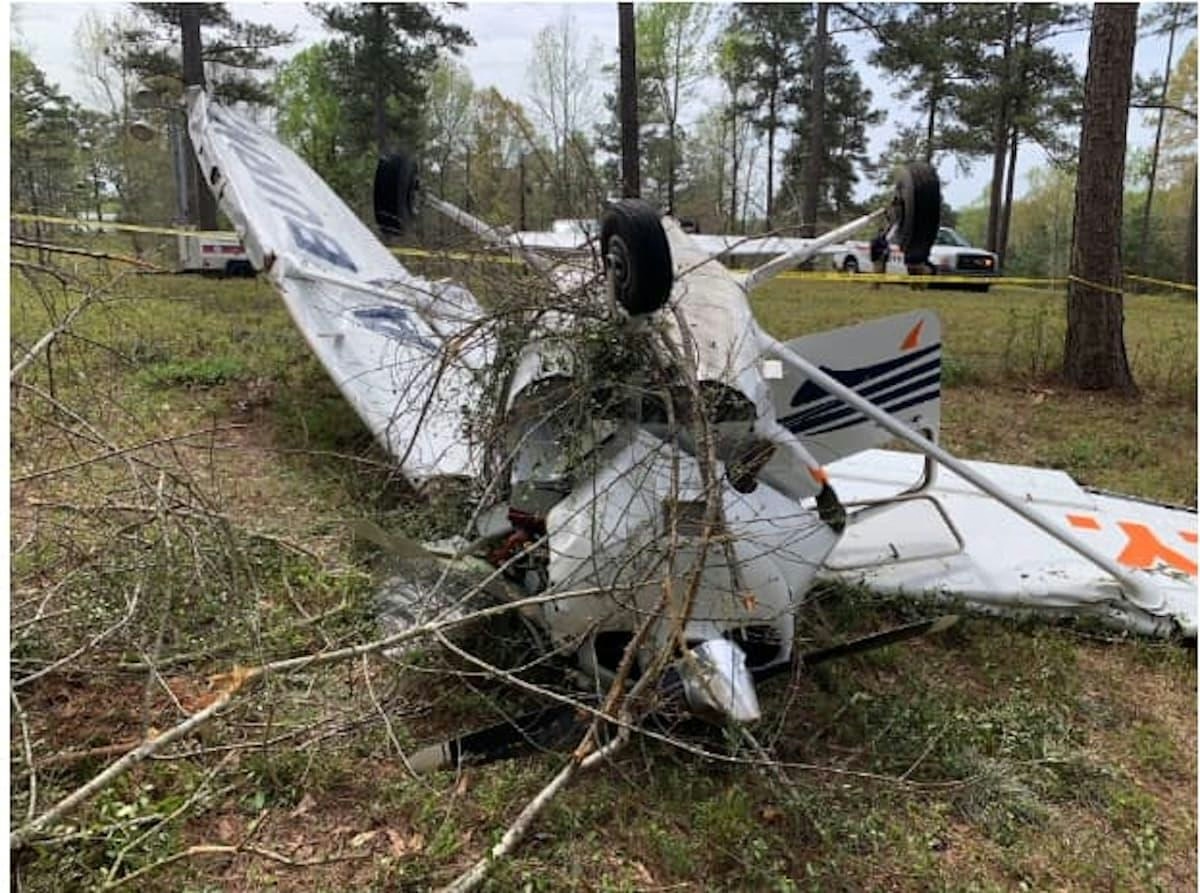
Contaminated Fuel Injector Causes Emergency Landing
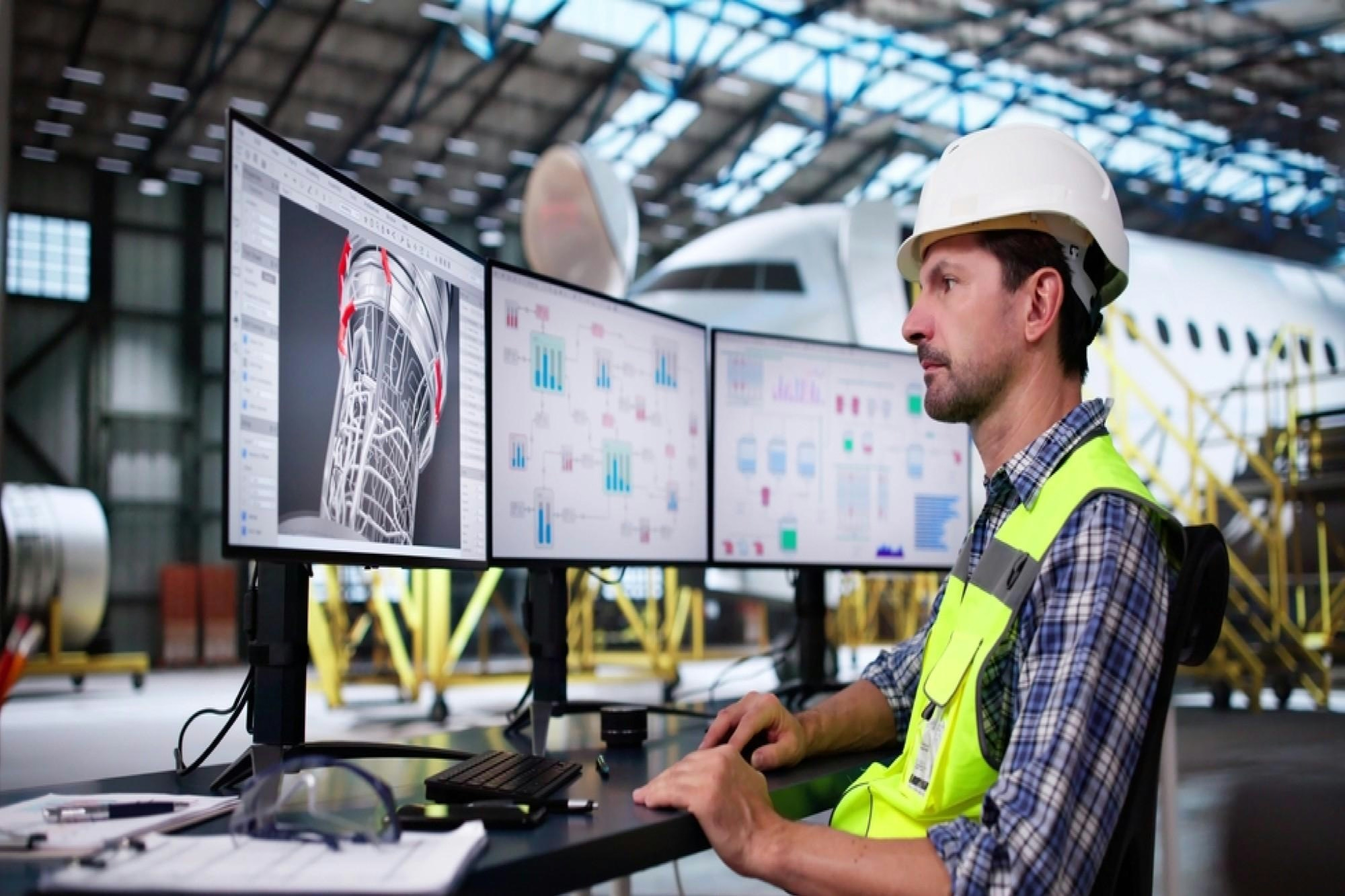
Sahar Group Adopts Ramco Aviation Software to Support Growth
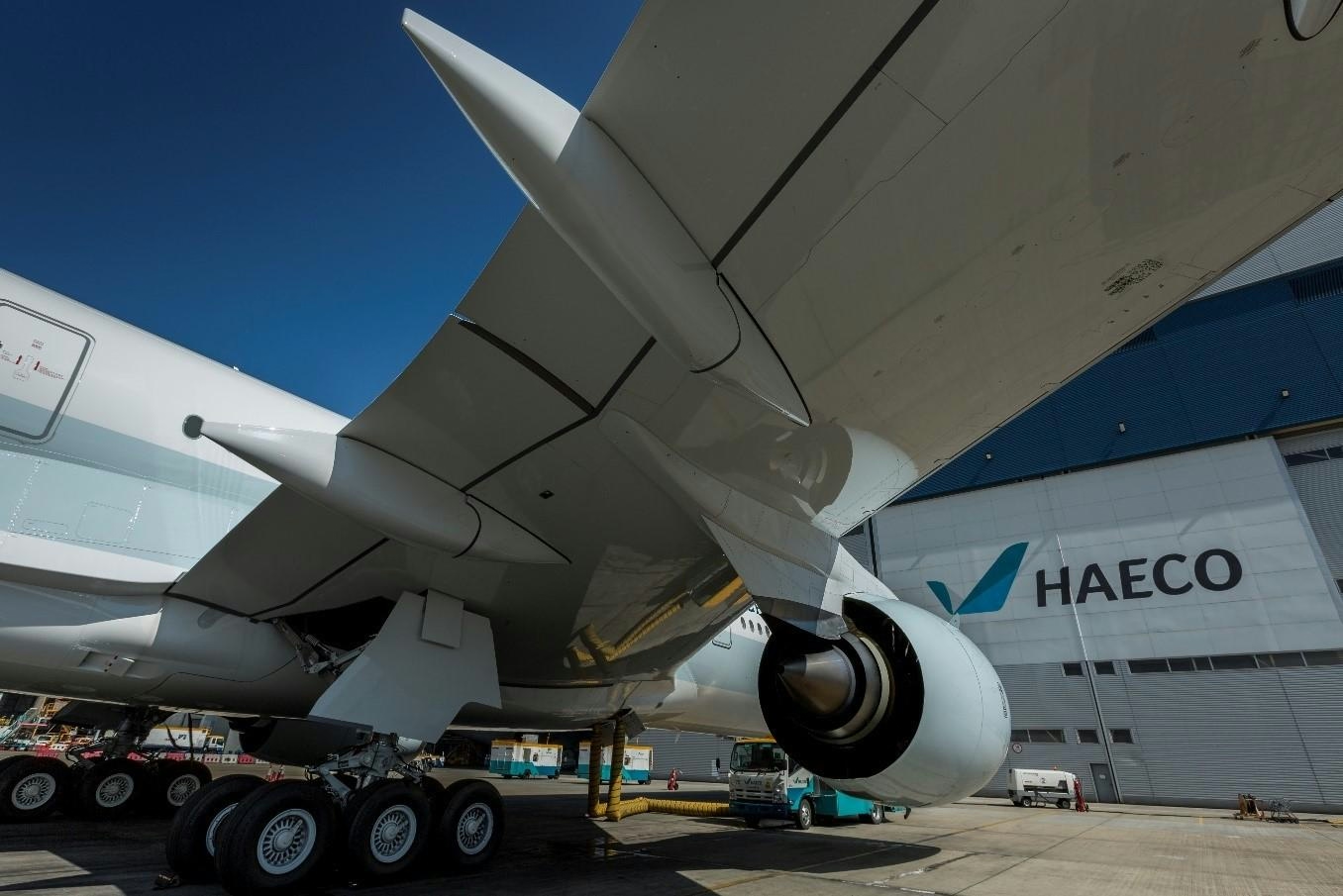
Deucalion Leases Three A330 Aircraft to Wamos Air
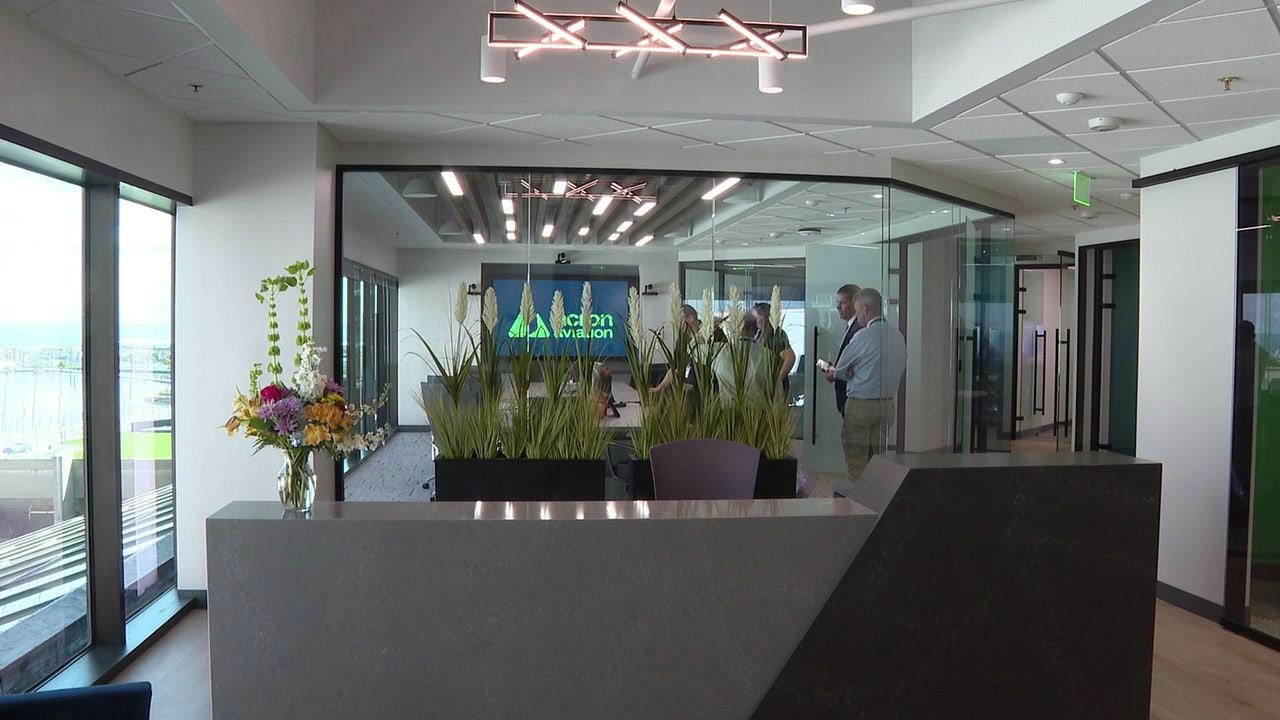
Acron Aviation Opens Global Headquarters in St. Petersburg, Florida

Will Uber and Joby Aviation Stocks Rise After Recent Announcements?
